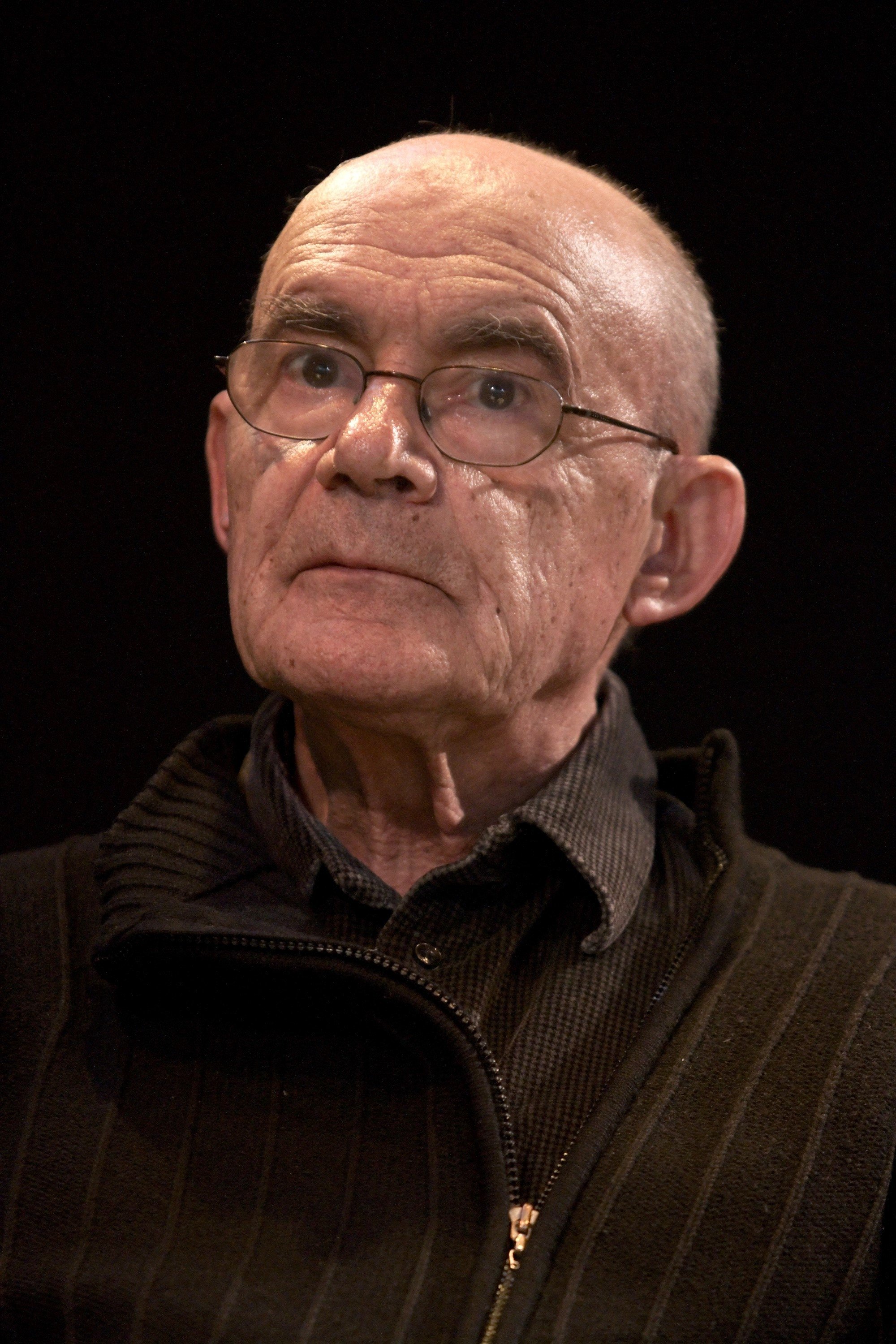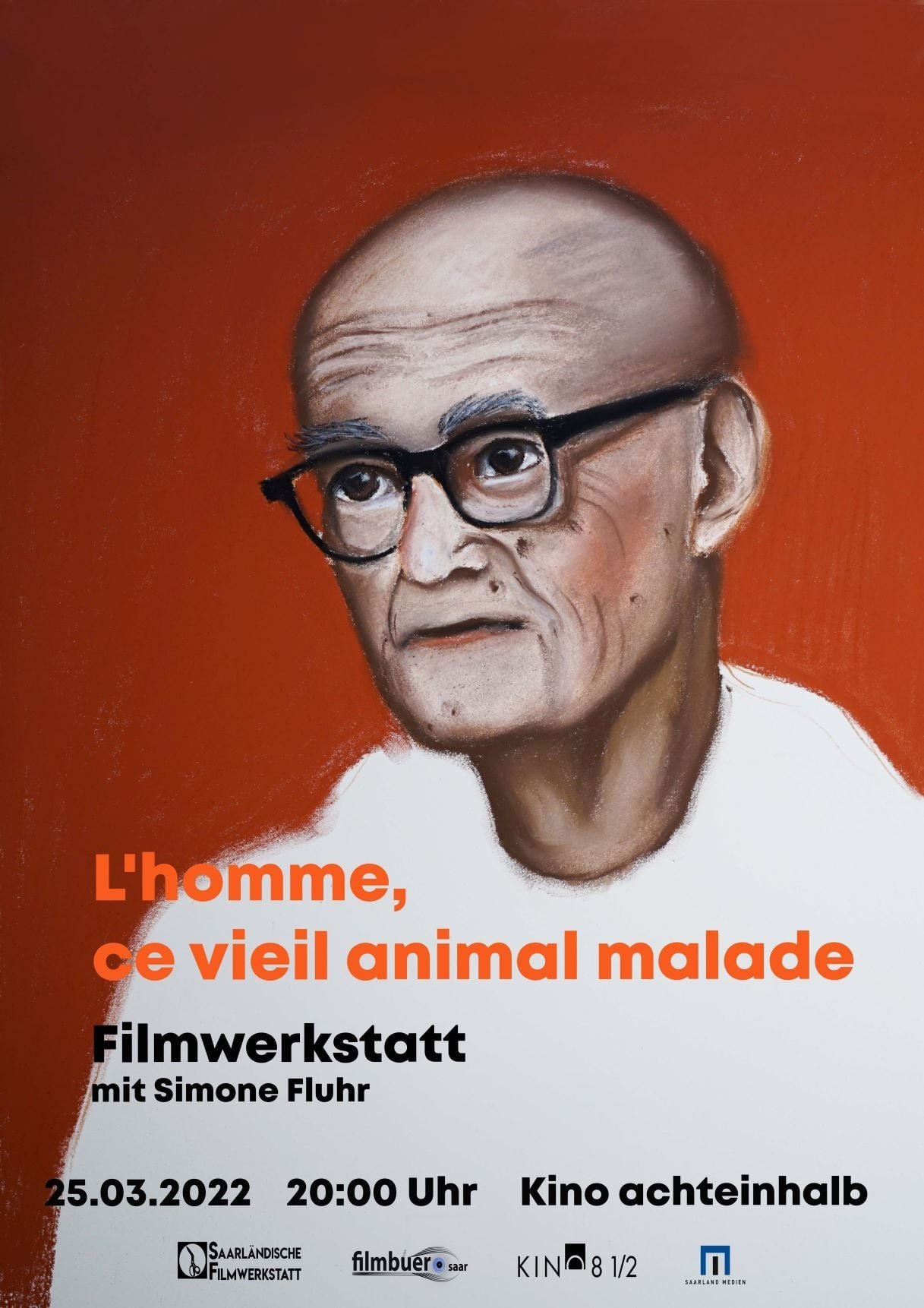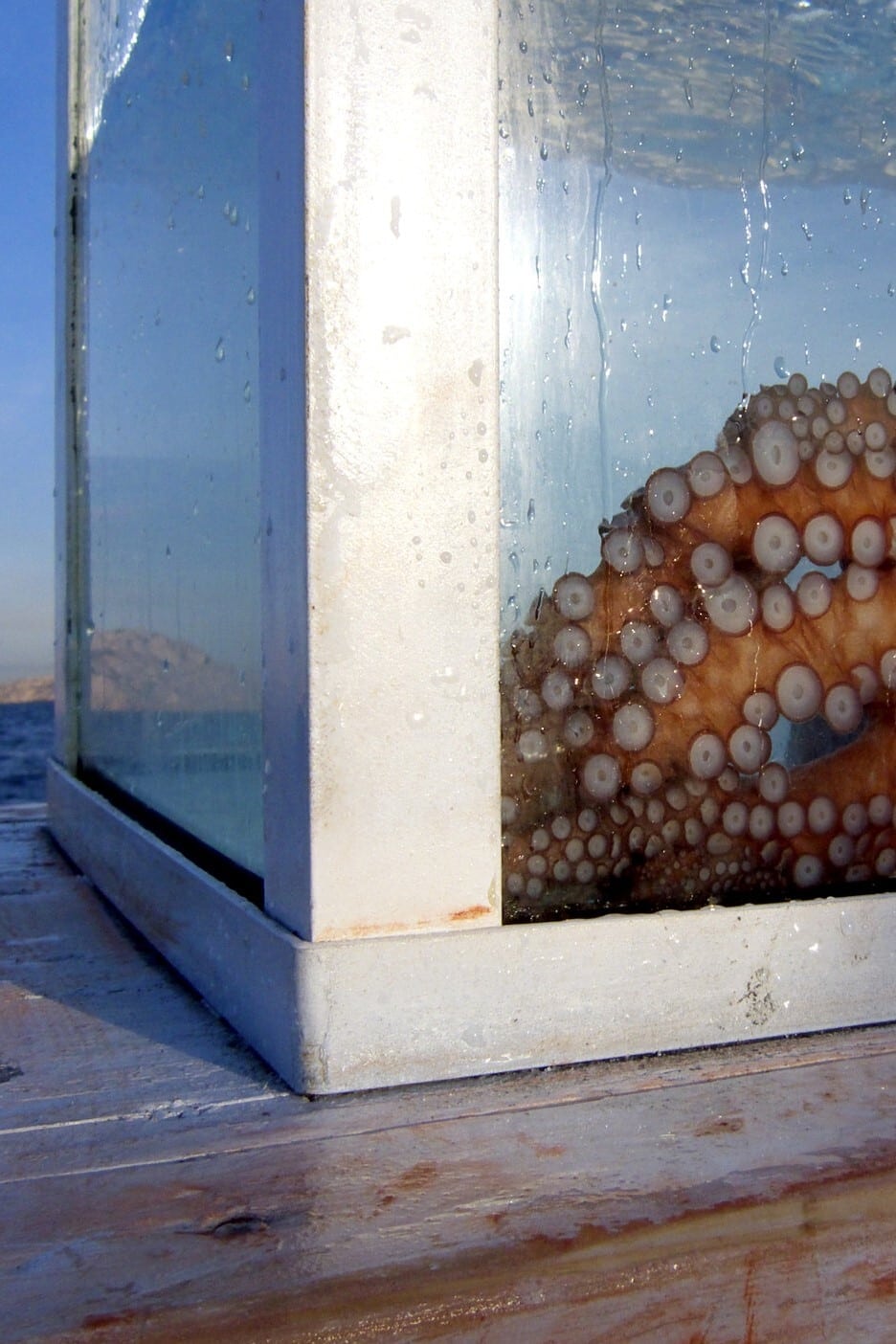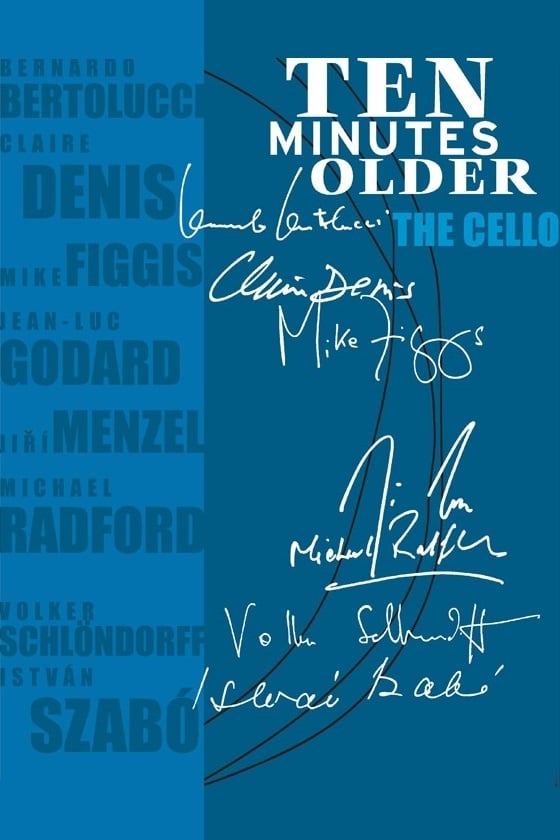

The title, quoting Nietzsche describing Man as a sick animal, seems to fit Jean-Luc Nancy, famous for his thinking and especially his striking account of his experience of a heart transplant. But there is no miserabilism here, no sickness or age – instead we have a portrait of the philosopher in action in various different aspects. The first course is biographical, with family archives that take us back to the philosopher’s early years, setting the stage for childhood memories as he secretly breaks his first taboos.

Philosopher and heart transplant recipient Jean-Luc Nancy meditates on the history and integrity of bodies in a number of visual and literary passages exploring his onscreen presence, a surgical organ in search of a body and an unaccounted for, displaced invertebrate at sea. Outlandish is a journey between shores and environments, the touching of and proximity between bodies, the vanishing and appearance of crew, dimensions of form and, above all, our relations with strange foreign bodies.

Collection of short films the summaries of which include; a foreign man moving to Italy, getting married and having a child; a four split scene short involving plot-less images of old people with television sets for heads, a beautiful woman having sex, and overall confusion; and an old man reminiscing over his youth.

A train conversation between an immigrant French woman and novelist Jean-Luc Nancy centering on the idea of intrusion within every foreigner (a more philosophical precursor to L'Intrus). A social commentary on the inherent fallacy - particularly in nations with a strong national identity like the U.S. and France - of the social notion that assimilation and integration embrace cultural differences; rather, it erases them.
Intertwined interviews of filmmaker Pedro Costa and philosopher Jean-Luc Nancy.
By browsing this website, you accept our cookies policy.